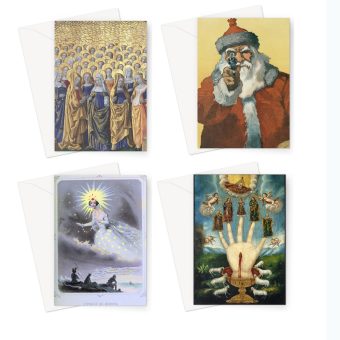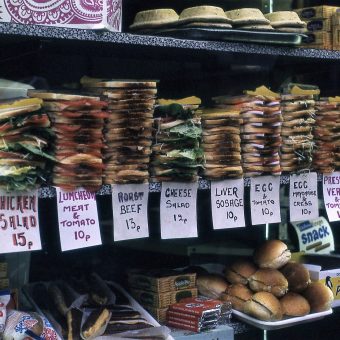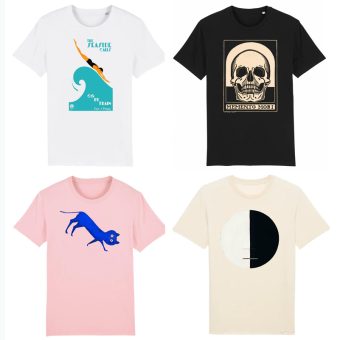“Would it not be possible, in time of peace and quiet, to form relief societies for the purpose of having care given to the wounded in wartime by zealous, devoted and thoroughly qualified volunteers?”
– Henry Dunant, co-founder of the Red Cross
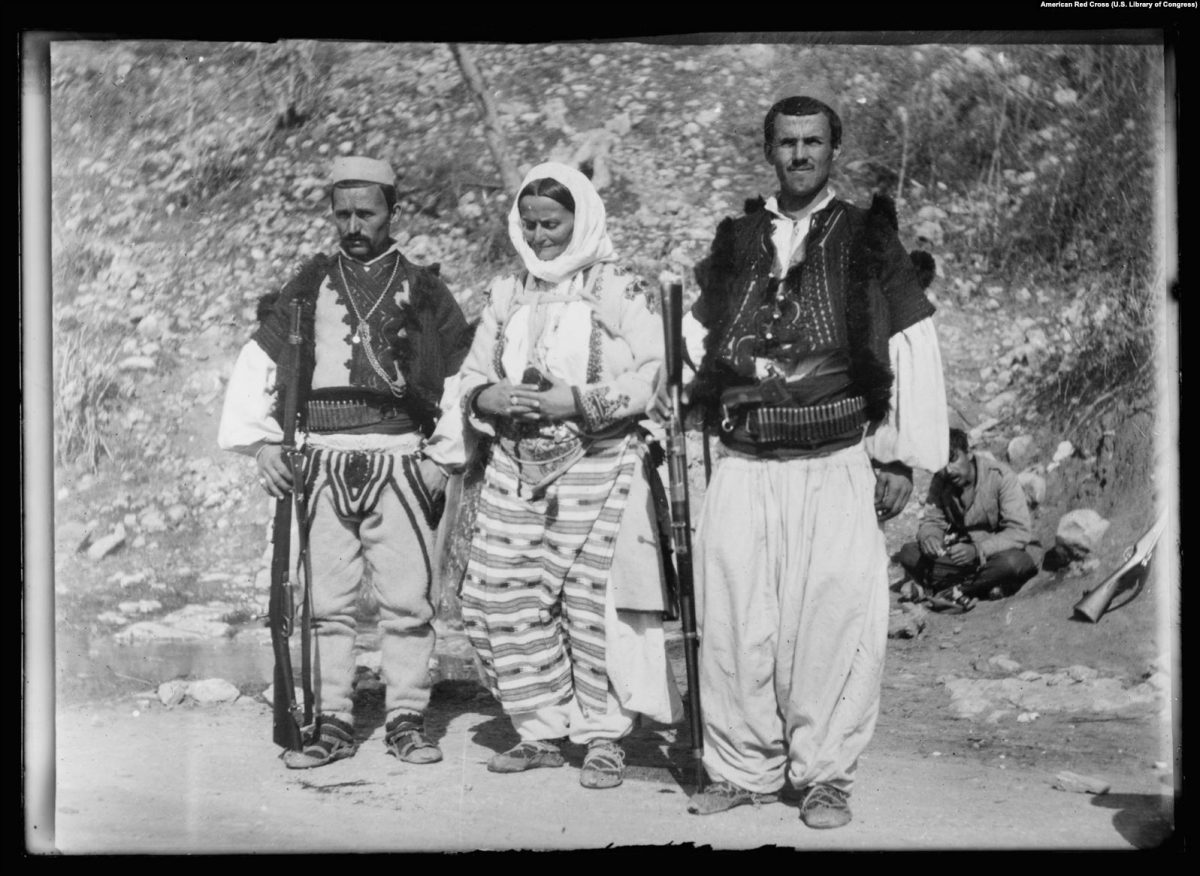
“Albanians In Their Own Land: Although Albanians are considered the world’s greatest ‘gun toters’ they are not at heart as warlike as the indiscriminate brigands they are frequently reputed to be…. Although women frequently carry guns it is generally known that the Albanians’ regard for the sacredness of his womankind is such that anyone accompanied by a woman may go wherever he chooses and be entirely left alone.”
The American and International Red Cross have intervened in the Balkans in recent years to help refugees who arrive in Greece and cross the region seeking asylum. Thousands are in “desperate need of basic humanitarian services and support,” the organization warned in 2018, and COVID-19 has, of course, only intensified the crisis. The Red Cross encountered similar conditions 100 years ago among the people of the Balkans, many of them turned into refugees in their countries by World War I and the devastating Spanish Flu outbreak in Albania and elsewhere.
The American Red Cross had been in the region since 1915, distributing aid to impoverished and internally displaced people. “When the United States declared war against Germany on April 6, 1917, the organization began a period of extraordinary growth,” the Red Cross writes of its own history. “By the time the war ended in November 1918, the Red Cross had become a major national humanitarian organization,” realizing the 1863 dream of its Swiss co-founder Henry Dunant, who was awarded the first Nobel Peace Prize in 1901.
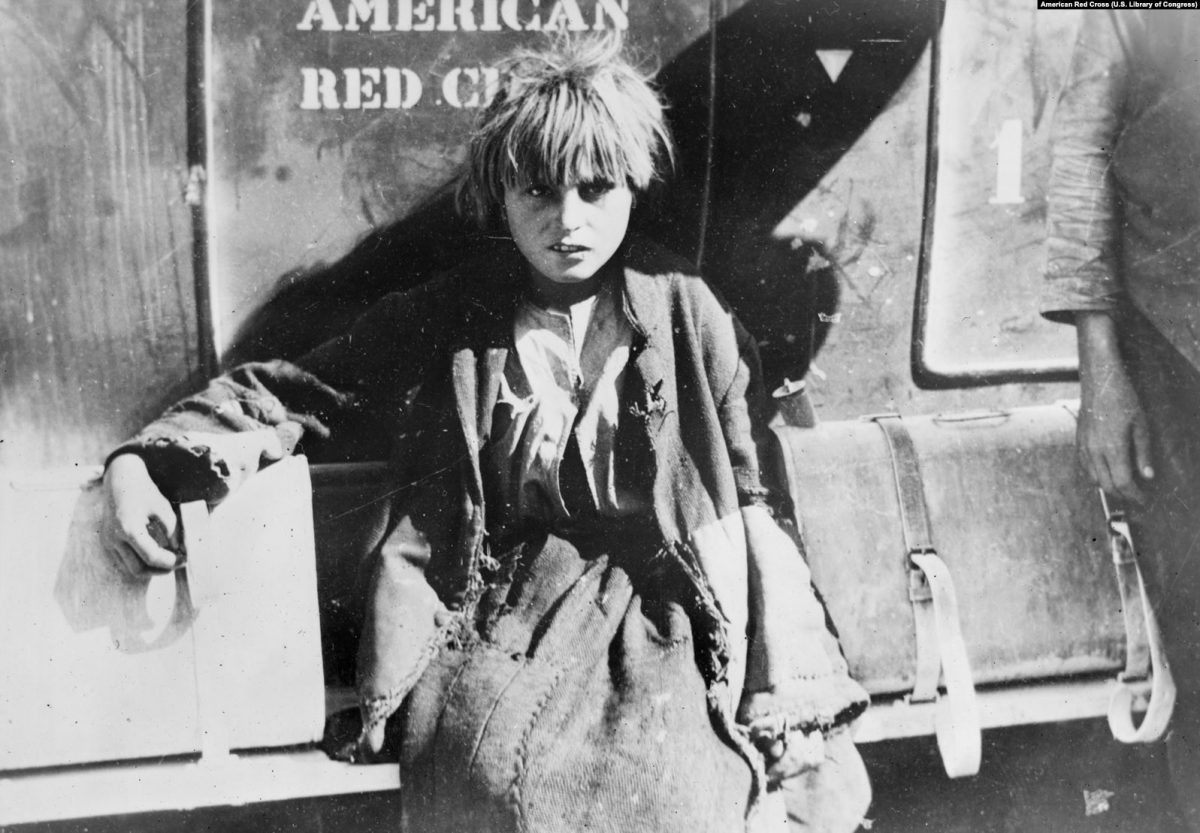
“A Little Blonde-Haired Montenegrin Waif Picked Up On The Road: The little girl lost her parents during the war and had been begging by day and living with 31 other waifs in a cave near Podgorica. She was placed in the [Red Cross] school at Cetinje. The rags she wears in the photo were exchanged for warm American clothes. She is now getting regular meals, living in sanitary surroundings and learning the three “R’s” (reading, writing, and arithmetic).”
So writes photographer Amos Chapple at Radio Free Europe in a presentation of Hine’s photos from Albania, Romania, Serbia, and Bulgaria. The pictures, with their original captions, “‘offer insight into the various people of the Balkans, as well as the sometimes patronizing perspective of a Western observer of the time.” Hine’s survey is ethnographic, like the colonial photoessays of National Geographic at the time. It presents us with a series of almost fairy-tale stock“types,” as the captions announce – peasants, gypsies, “waifs,” and even a princess.
It’s unclear whether Hine wrote the captions, and the photos themselves are uncredited in the archive, but since he was the only Red Cross photographer working in the Balkans at the time, Chapple notes, it stands to reason they are his. They reflect what had at that point become many “a typical scene” in the region, of poverty, deprivation, and disease. Scenes of the same kind of “desperate need” in the Balkans that the Red Cross writes of today.
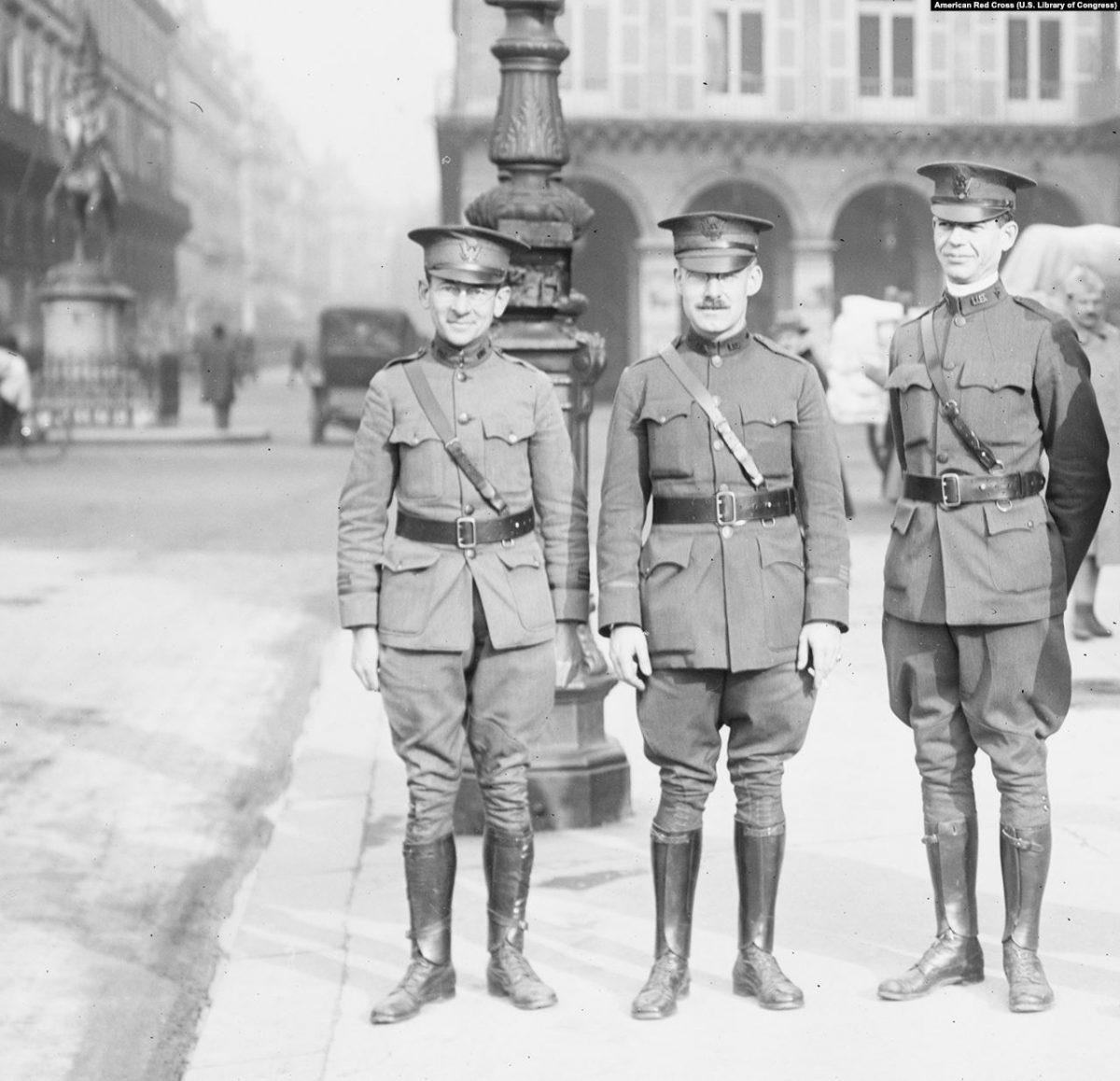
Lewis Hine (left) with two Red Cross members
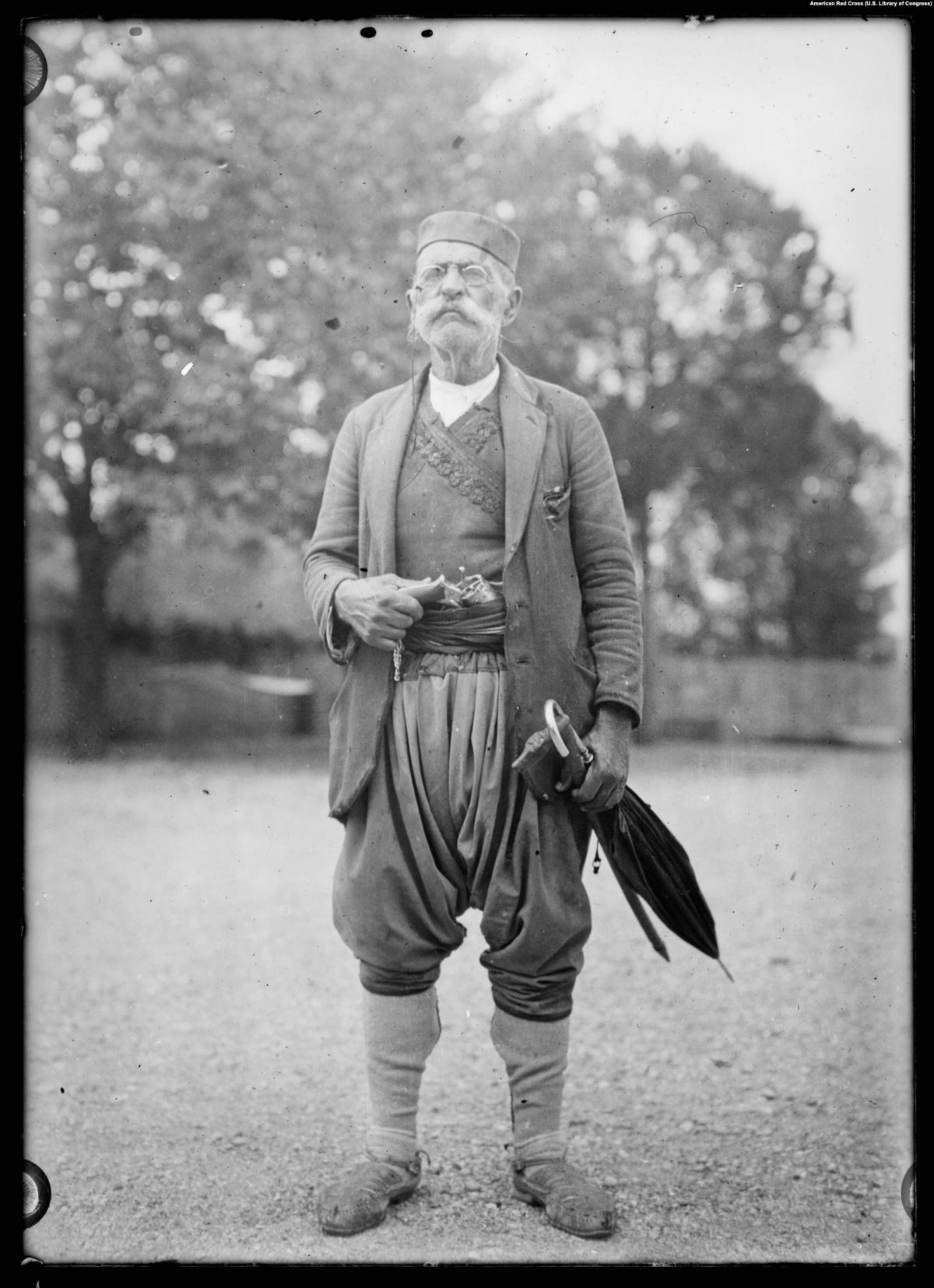
“A Fine Type Of The Old Montenegrin Whose Bravery And Strong National Spirit Is A Byword In Eastern Europe: They are known as the tigers of the Balkans, because they still have a country despite conquests by half a dozen stronger nations. He is dressed in his Sunday best for a visit to his son who is a patient at the [Red Cross] hospital in Podgorica. Men of his stamp are not dependent upon the law to protect them, as the revolver [stuffed into his waistband] and bayonet indicate.”
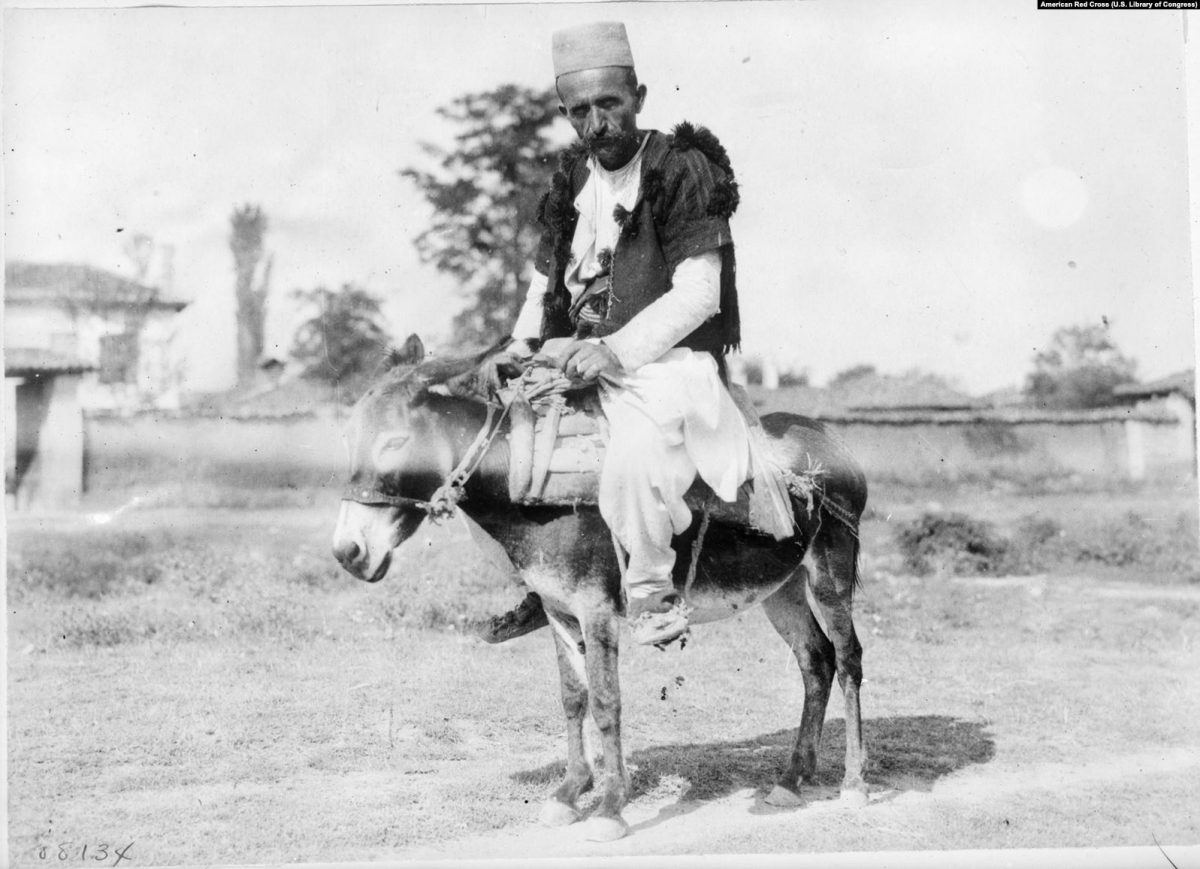
“Balkan Travel Deluxe: The popular method of travel in Albania, where mountain follows mountain with bewildering rapidity. This Albanian mountaineer outweighs his donkey in everything except strength and stubbornness. This picture was taken outside the [Red Cross] dispensary at Scutari where the rider came for snakebite treatment after attempting unsuccessfully to cure himself with the popular method of applying cobwebs and tobacco juice.”
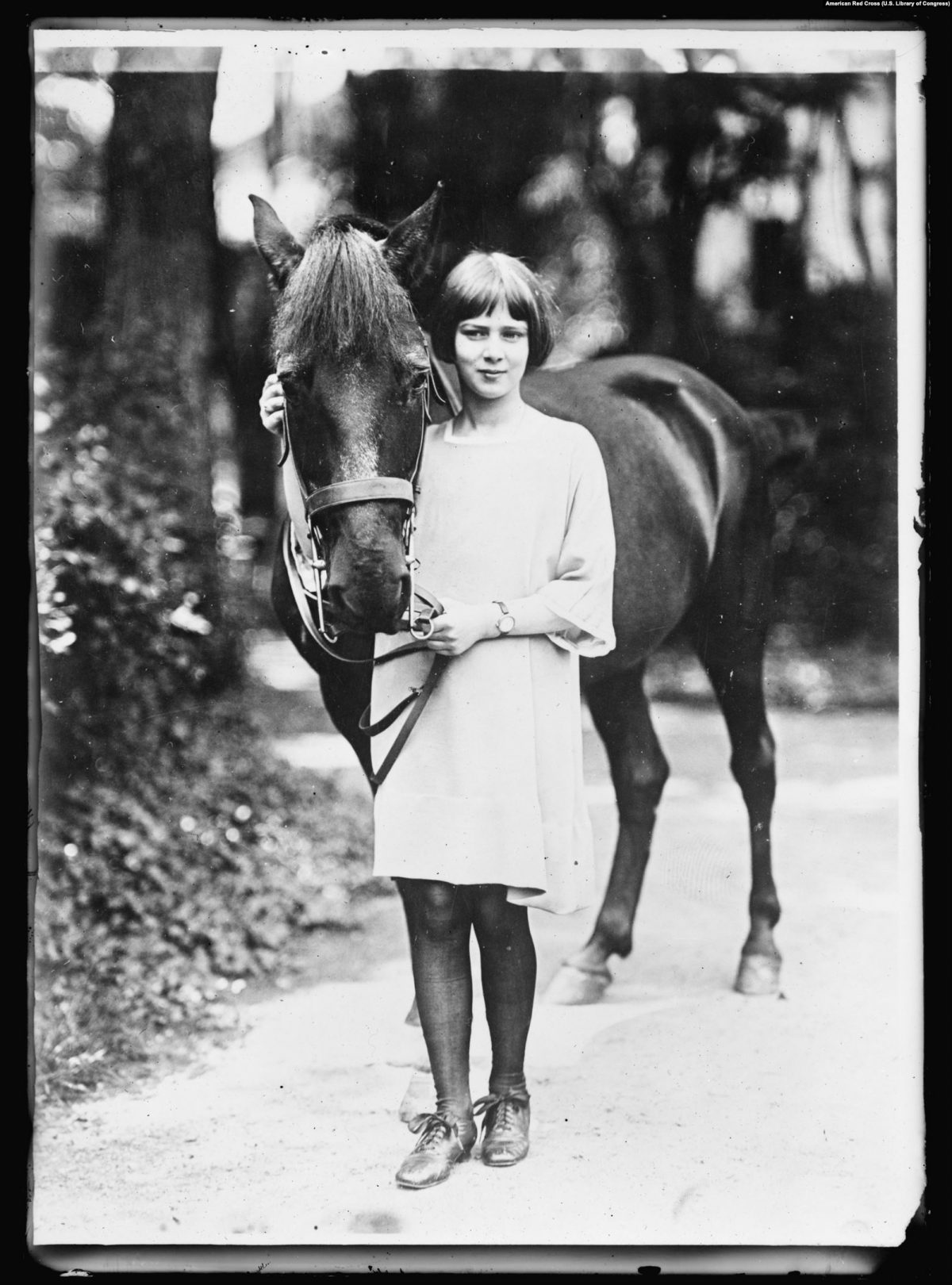
“Princess Ileana Of Romania” The young princess and her mother, the queen of Romania, had worked with the Red Cross to distribute aid in their country.
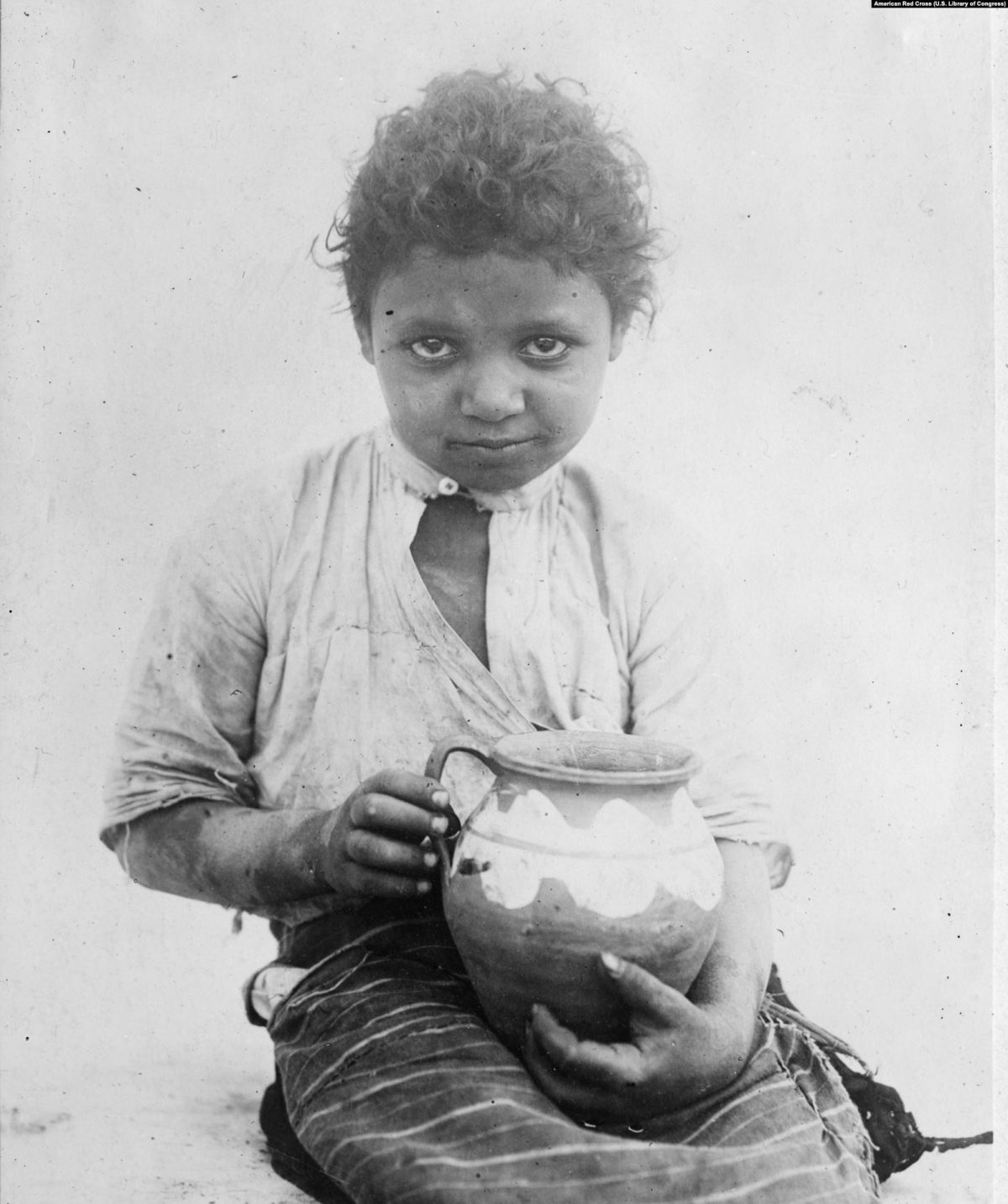
“A Typical Gypsy Girl In The Balkans: In this part of the world gypsies are found in large numbers. During the recent fight against contagious diseases, these wandering families have been a great problem to the [Red Cross] doctors. This little girl was snapped while selling pottery on the street.”
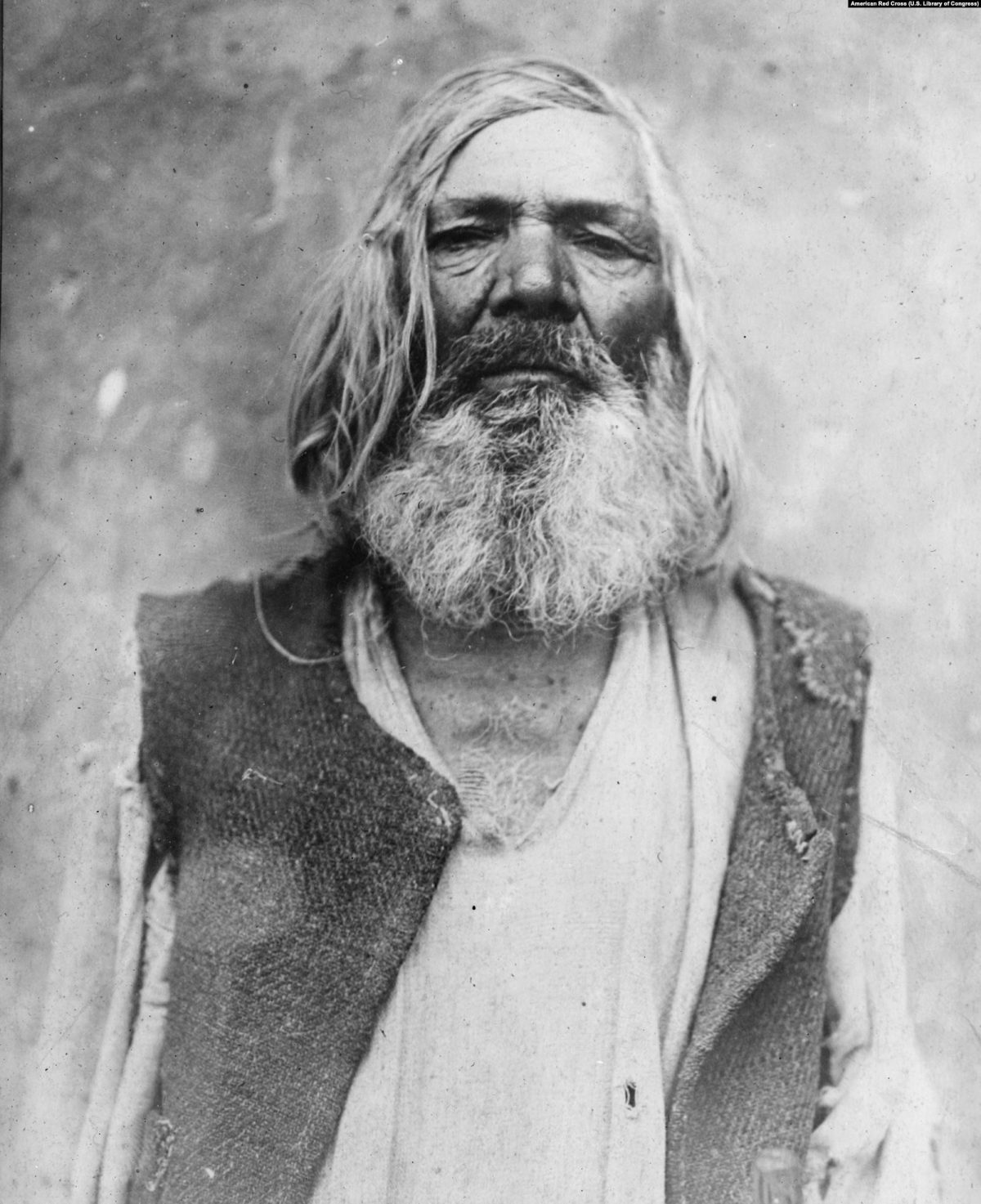
“Barbers Mean Nothing In Life: A horny-handed son of the Balkan soil. He has lived the allotted three score and 10 years and then some. And despite the vicissitudes that have swept Romania, he still believes in the future of his country and the goodness of his God. He was a patient in the [Red Cross] hospital but refused to remain if his hair was cut. It is a 50-year growth and he wouldn’t part with it.”
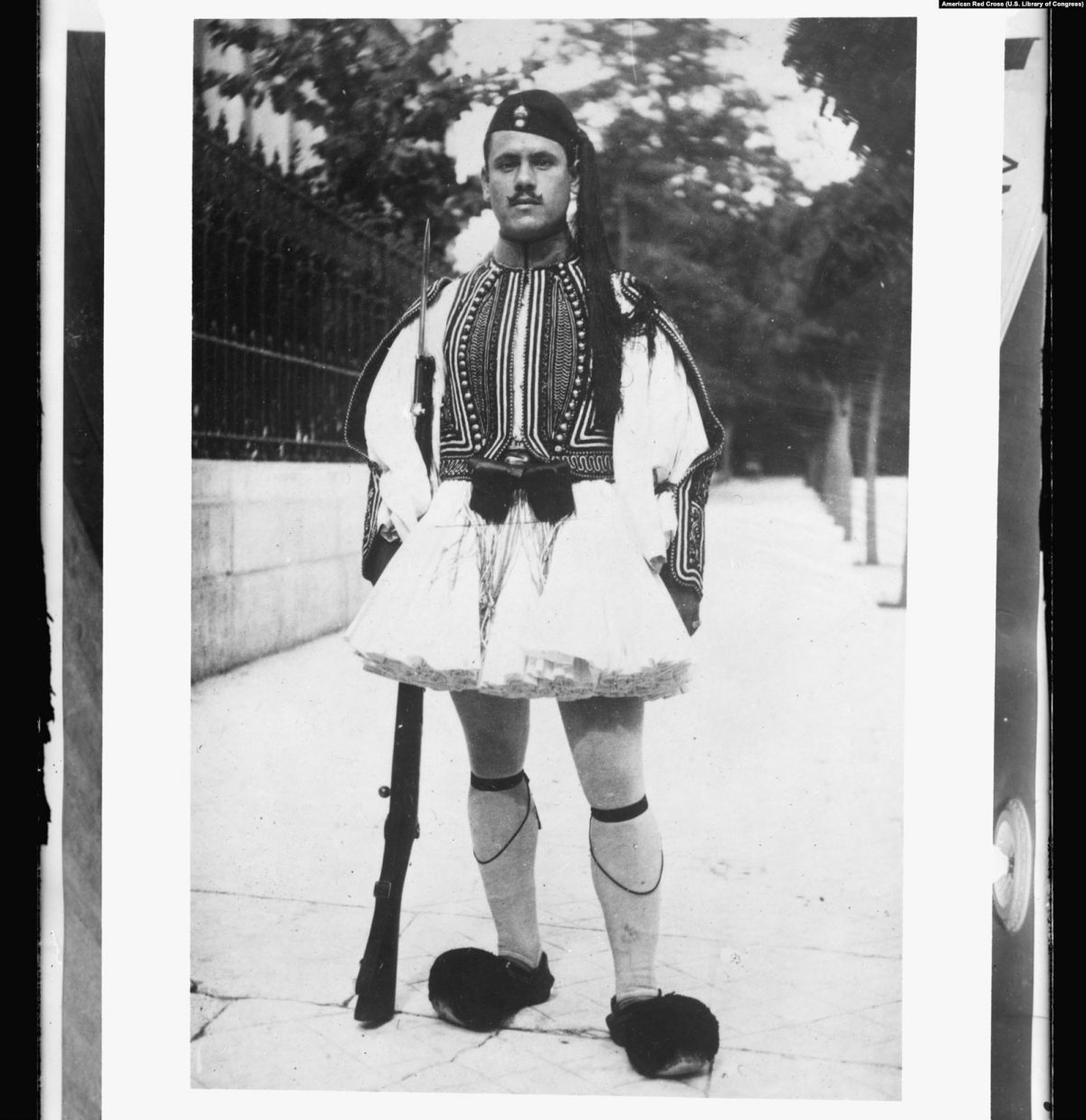
“Greek Army Flower In Bloom: The flower of the Greek Army are the Evzones, or Royal Guard, made up of men specifically selected for their ability to wear these particular clothes. In the Balkan military stylebook this costume is officially known as the ‘modified Albanian.’ This picture was taken of the guard assigned to the [Red Cross] headquarters in Athens. Incidentally, he is the man who sped from the Royal Palace one day to summon a Red Cross doctor to treat the king, who had been severely bitten by a dog.”
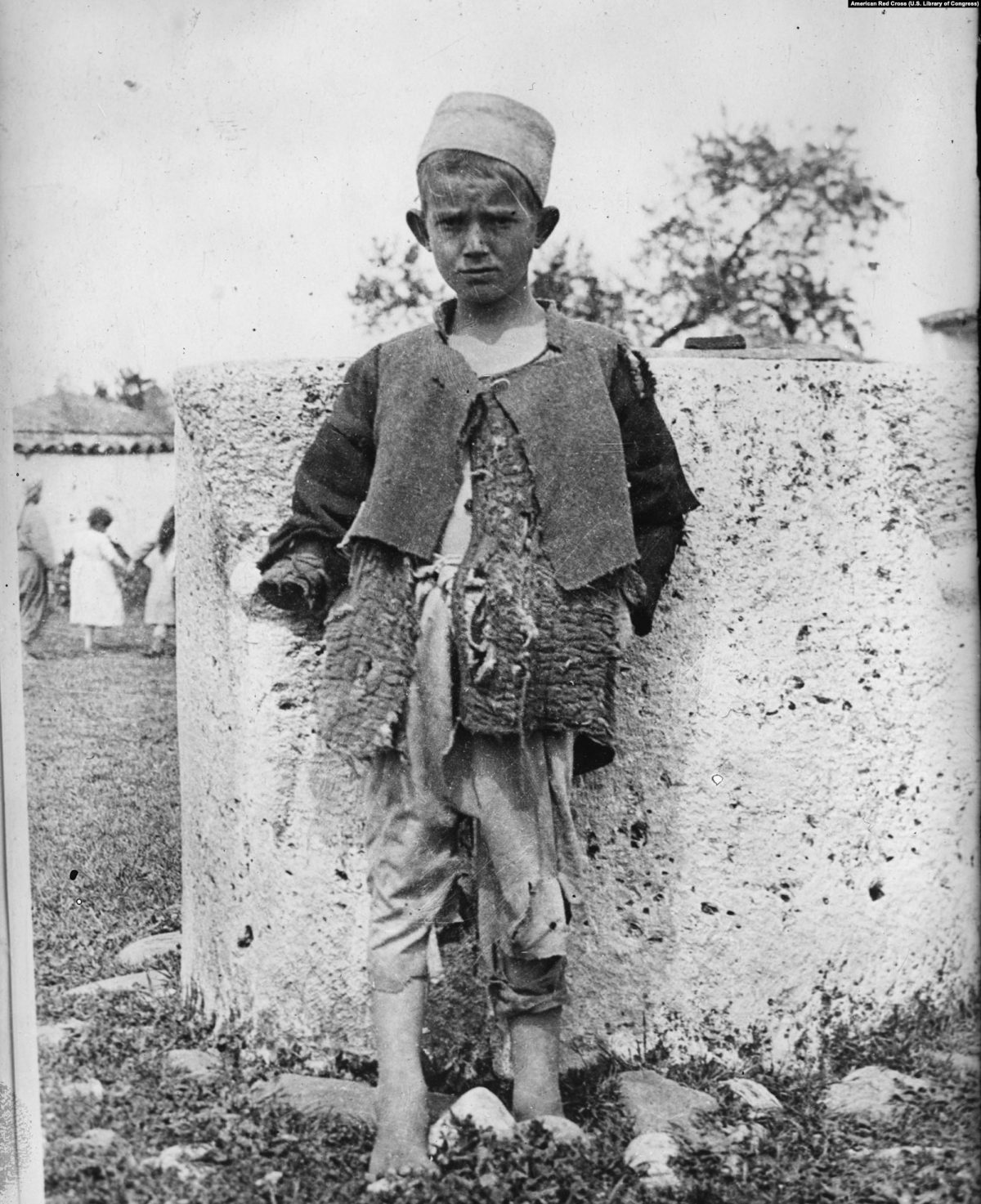
“War Veteran At The Age Of 12: This boy was [5 years old] when he lost his arm in the Balkan War of 1912. That year he appeared in the town of Tirana with one arm a stump; a refugee from a fighting area in the hills some miles away. The Balkan villagers took pity on him when they found him fighting with the street dogs for scraps of food. When the Junior Red Cross came to Tirana they found a home for the youngster, who is now 12 years of age and a veteran of two wars.”
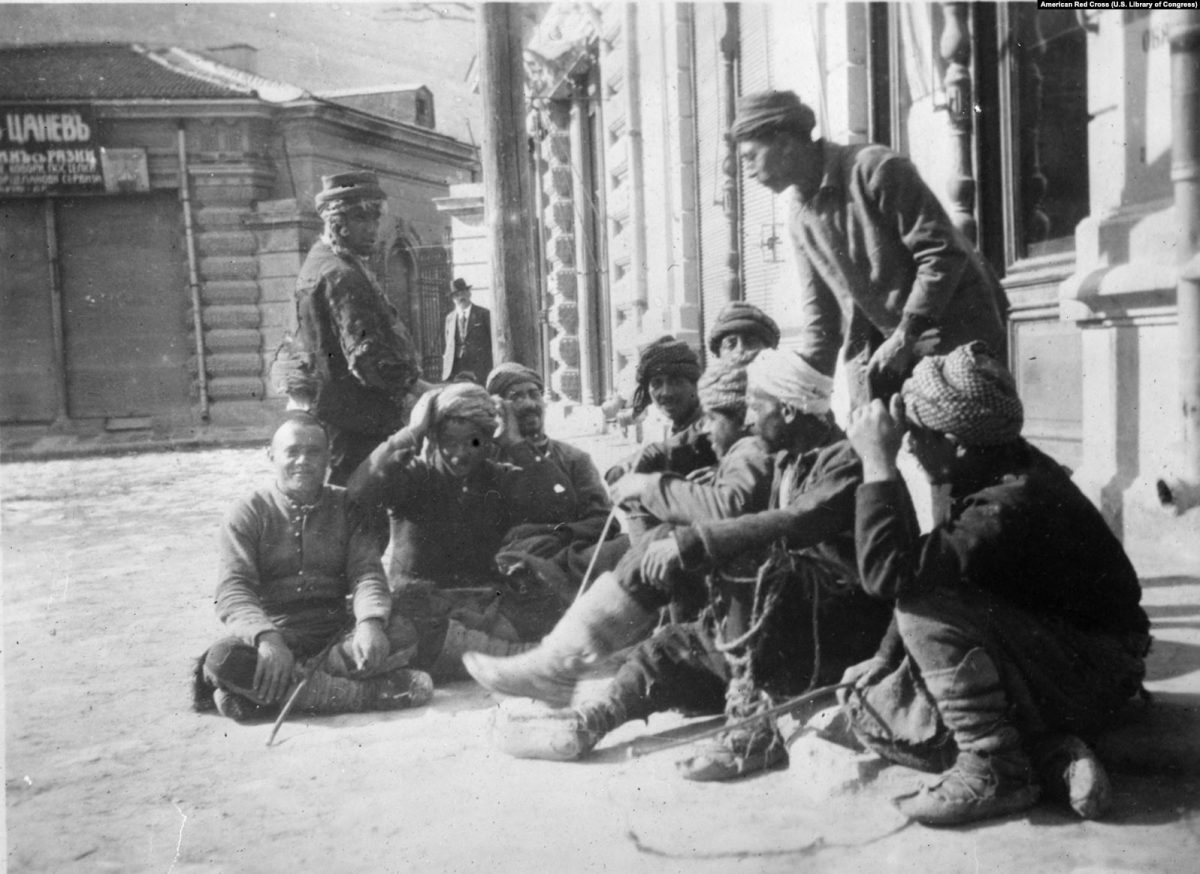
“This Is A Group Of Bulgarian Peasants Taking A Sun Bath: Sun baths are about all the Balkan people are able to take these days, when a soap shortage is a notable feature of the general economic chaos in the region.”
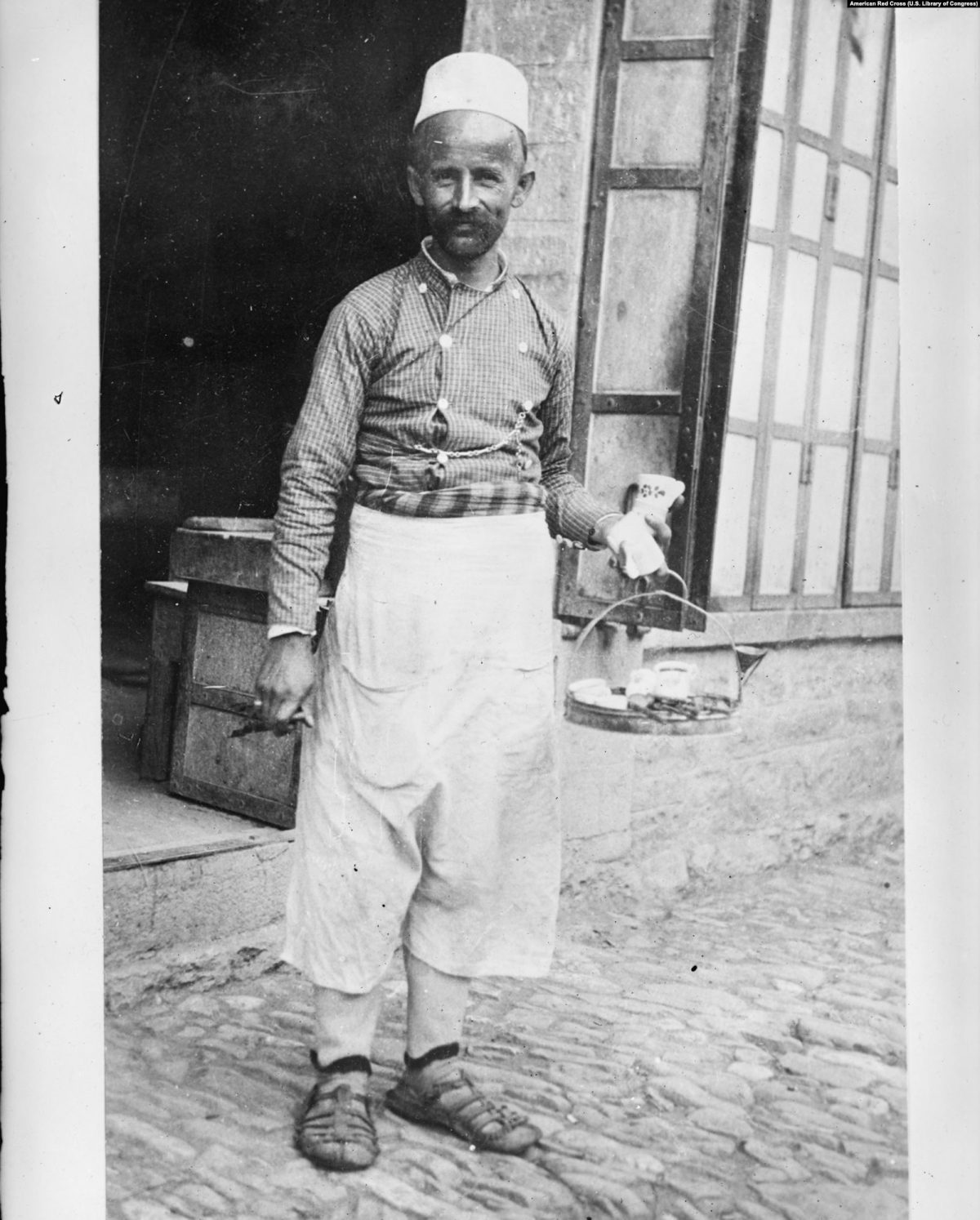
“No Need Of ‘Dry’ Campaigning Here: The national beverage of Albania and all other Balkan countries, where the influence of the Turk has been predominant for many years, is coffee. Little wine or liquor is used. So strongly has the taste for coffee been developed that it is hawked on the streets. This shows one of the typical coffee vendors in Tirana, announcing his coming by scraping a tuning fork along the walls. He dispenses a thick, fragrant liquor for one cent a cup. But all business is so bad in the Balkans today that even these popular merchants have been forced to appeal for aid to the [Red Cross]. This particular ‘coffee man’ is wearing trousers made from pajamas presented [to] him by the Red Cross.”
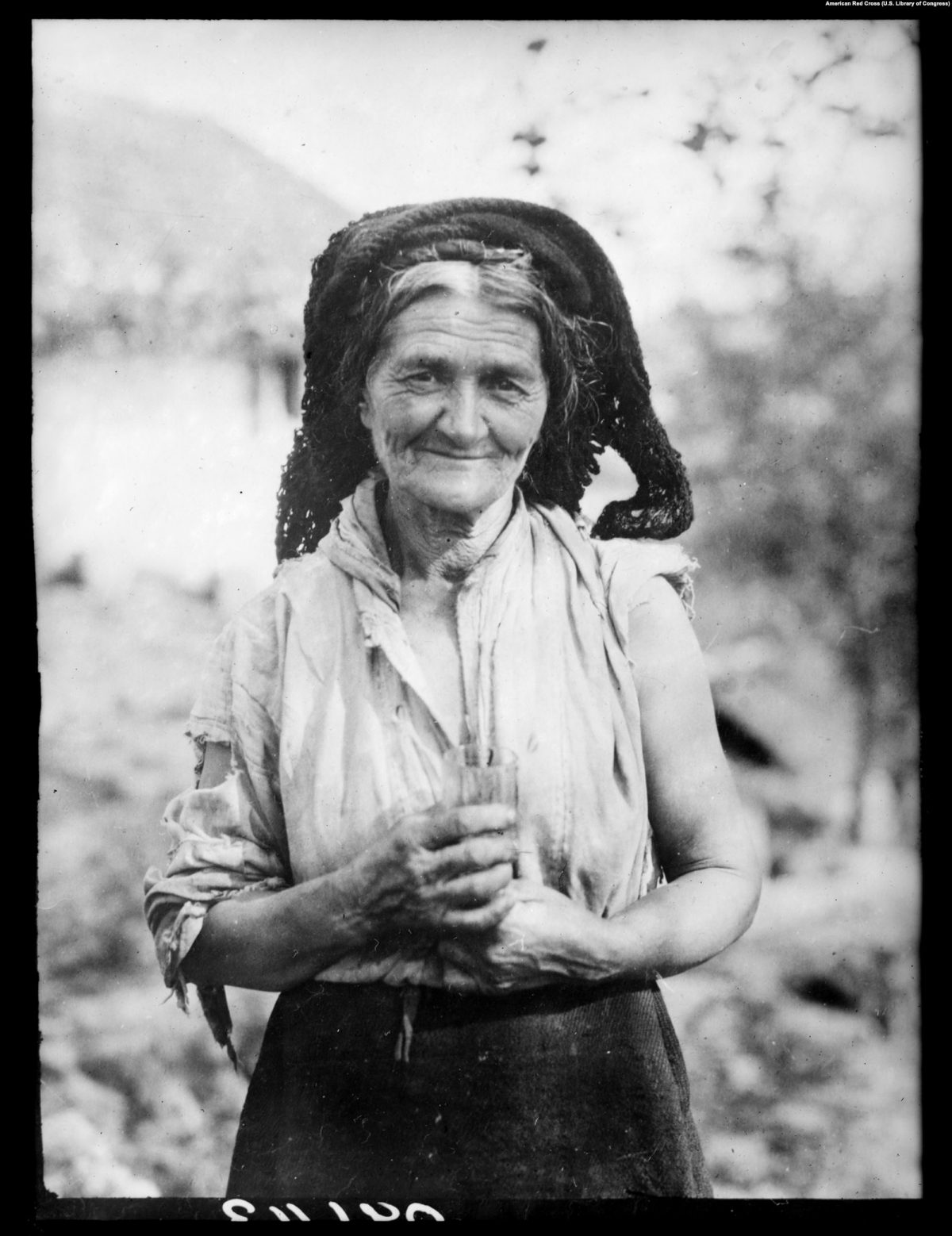
“Courtesy And Poverty: An aged peasant woman of Montenegro, who was so pleased at having her picture taken that she insisted on bringing out the jug of homemade wine for her visitors. Courtesy is an inbred trait with these destitute mountain people of the Balkans. For every effort that the [Red Cross] puts forth on their behalf, they give something in return, a bouquet of flowers, a few eggs, or some trinket. Refusal to accept means keen disappointment to them. It is the custom of their country to return every favor in one way or another.”
Would you like to support Flashbak?
Please consider making a donation to our site. We don't want to rely on ads to bring you the best of visual culture. You can also support us by signing up to our Mailing List. And you can also follow us on Facebook, Instagram and Twitter. For great art and culture delivered to your door, visit our shop.
